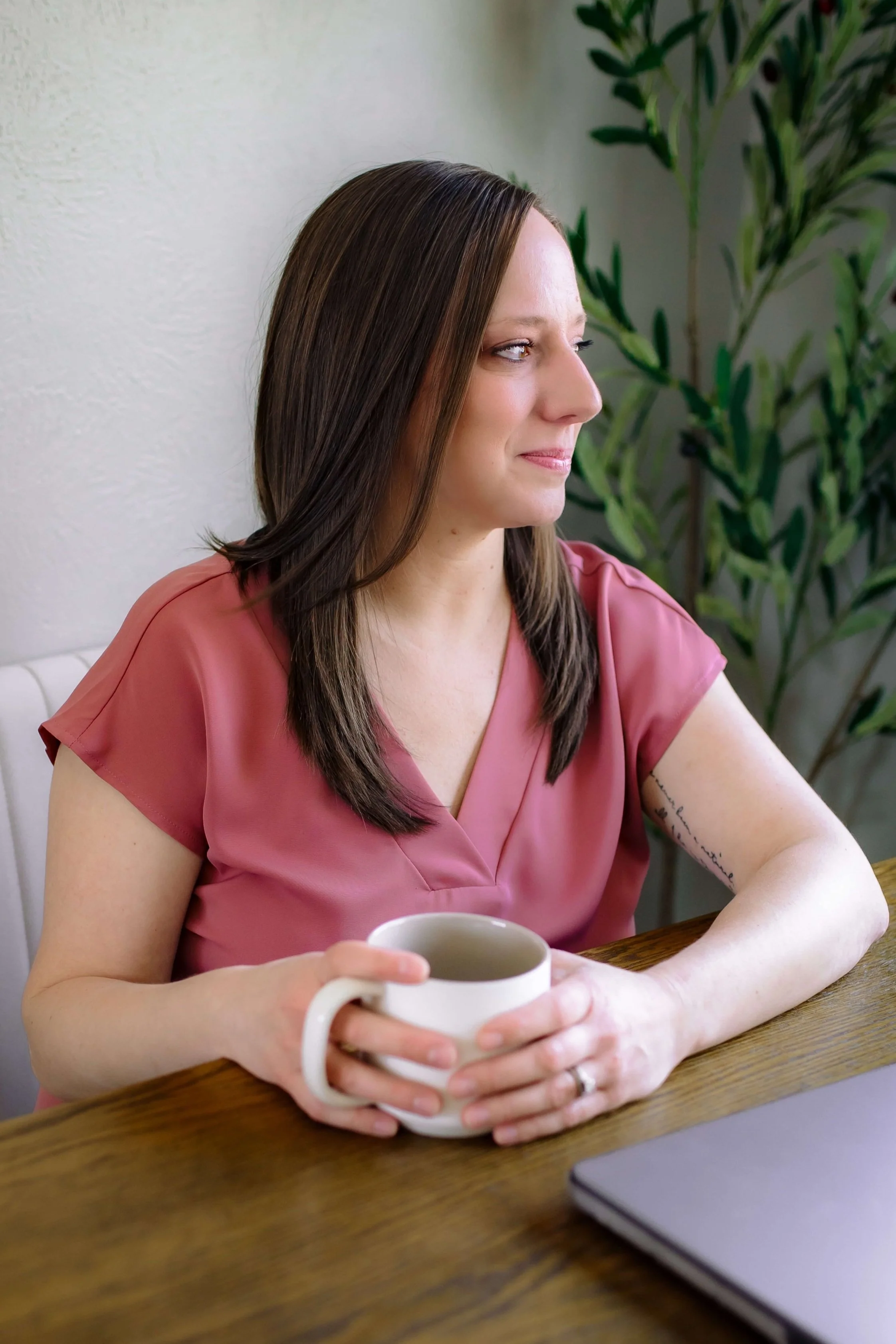The Signs I Was Autistic Were There the Whole Time — I Just Didn’t Know How to Read Them
(An AuDHD Therapist Reflects on Late-Diagnosed Autism in Women)
I didn’t grow up thinking I was autistic. But I did grow up thinking I was too much. The words that were spoken out loud to me eventually became surround sound in my brain, echoing infinitely—too intense, too emotional, too deep, too smart, too dramatic, too needy, too old to act like this. But really what I heard was that, somehow, I was still wrong.
I wasn’t the kid melting down in the corner. I was the one holding it all together on the outside because I learned early on that showing your big emotions was wrong. I made honor roll, made people laugh, made myself palatable by turning every storm inside me into a performance.
Nobody looked at me and saw autism. They saw “gifted.” They saw “so much potential” or “mature for your age.” And later, they saw “sensitive,” “moody,” “emotional,” “bossy,” and “argumentative.”
But what they never saw was the internal cost behind my straight A’s. The way group projects made me want to disappear. The hours I spent scripting every social interaction. The way I felt other people’s feelings in my own body. The intensity. The over functioning. The shutdowns I didn’t have language for.
And so, I didn’t see it either. Until I did.
The Realization
Realizing I was autistic didn’t come from a doctor’s office. It came from seeing myself—really seeing myself—in the words of other neurodivergent women who had spent their whole lives being misread.
But even then, I was still doubting. Still wondering how I could be autistic when I was married, employed (as a therapist no less), a mom, and a friend. I kept brushing it off, assuming it had to be something else. At least until I couldn’t function anymore.
I took leave from work under the banner of “my kid needs me,” which he did. But what I didn’t know at the time was that he was unraveling because I was already gone. My nervous system had quietly set itself on fire trying to hold everything together. And the moment I stepped away from surviving? The burnout hit me like a collapsing dam.
The Reckoning
Nothing explained what I was experiencing except autism. Except the aftermath of a lifetime of masking and functioning on borrowed capacity. Except autistic burnout.
That was the moment I was forced to stop negotiating with the truth. I had to accept that I was autistic, and I’d always been autistic. I had just never been allowed to stop performing long enough for anyone, including myself, to see it.
You’re Not Alone
If you’ve landed here and any of this sounds like your story, you don’t have to figure it all out alone. I built my practice for women like you. Neurodivergent women who are misunderstood and burned out. The ones who are falling apart and finally waking up.
If you’re unmasking, if you’re exhausted, if you’re trying to understand who the hell you are without the performance—I see you.
You’re not failing. You’re thawing. And I’d be honored to walk with you as you rebuild in your own language.
Ready to be fully seen by a therapist who gets it?
Learn more about working with me here.

